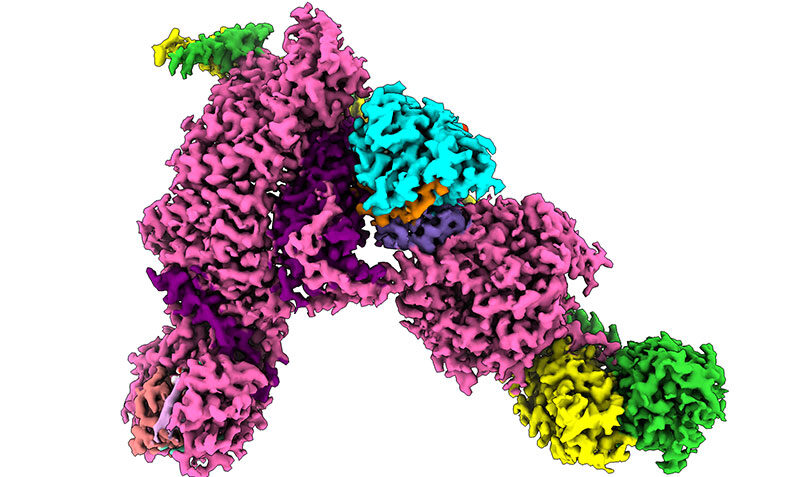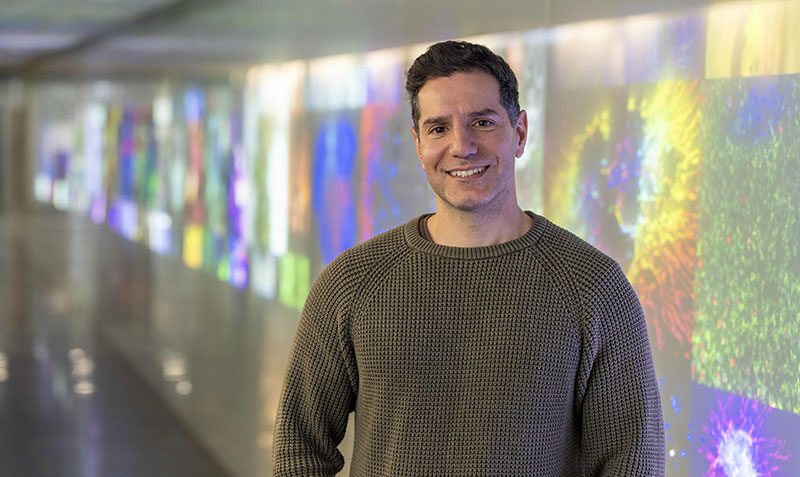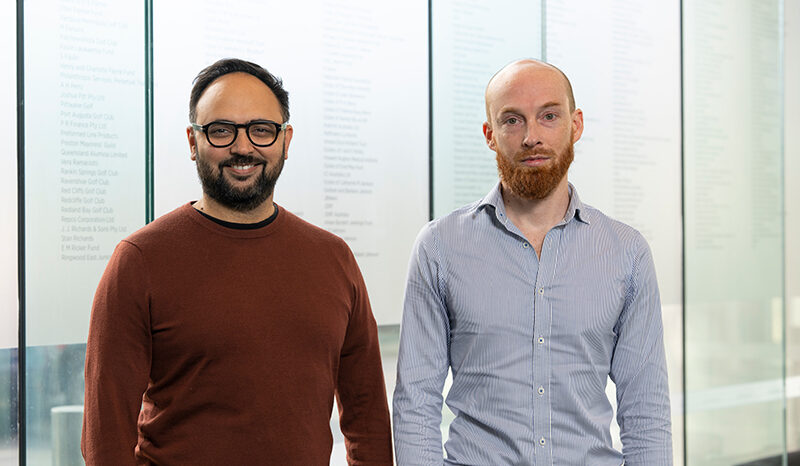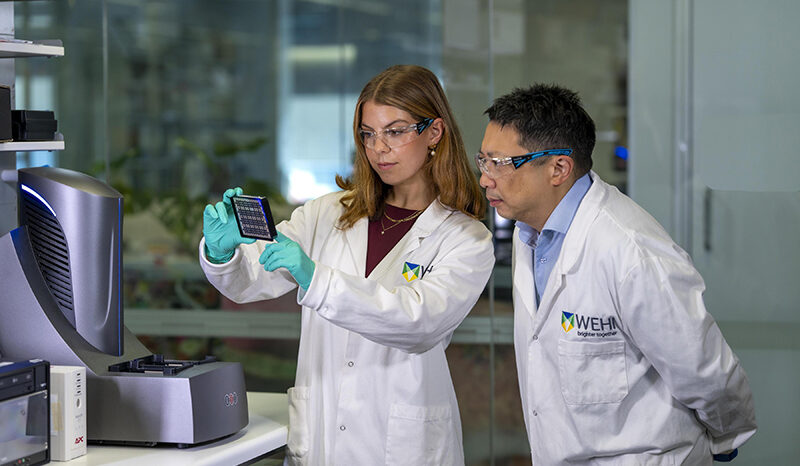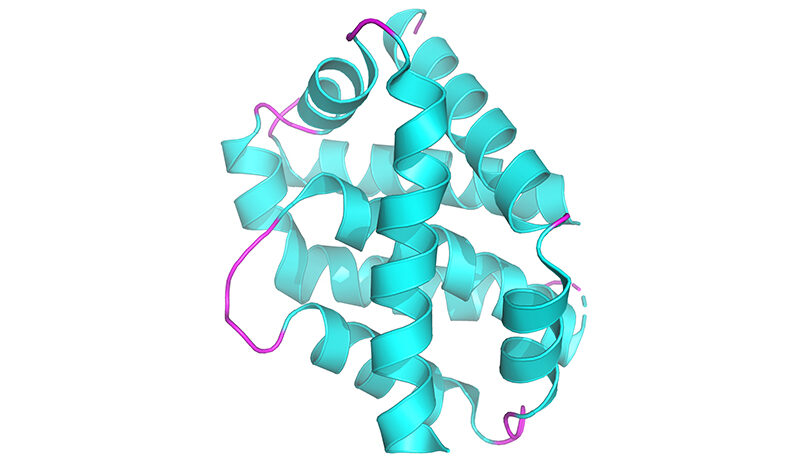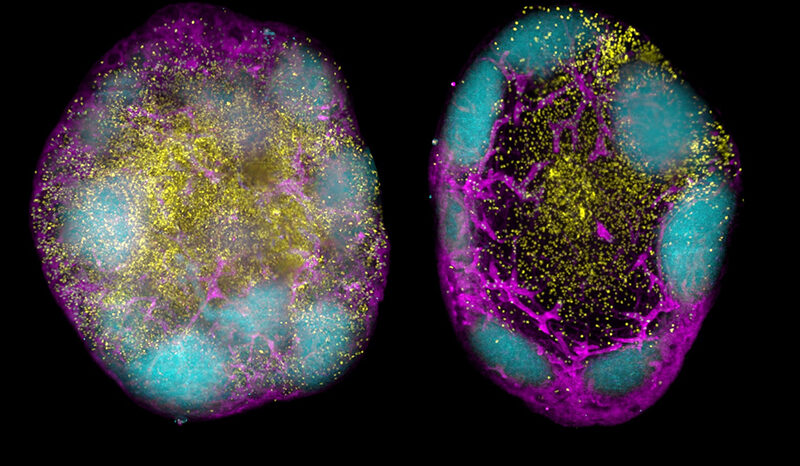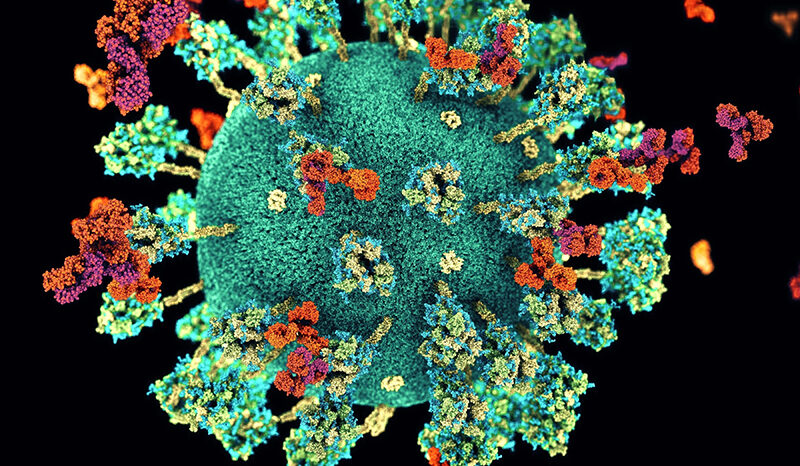Importance of cellular recycling
The process of how cells get rid of waste and recycle useful materials, called autophagy, is critical to health.
In some conditions such as Parkinson’s and Alzheimer’s disease, cell waste accumulates, causing protein build-ups due to the recycling signals not working properly.
The new study, co-led by WEHI’s Professor Michael Lazarou, Professor Gerhard Hummer from the Max Planck Institute and Professor James H. Hurley from University of California, Berkeley, has unravelled one of the key cellular processes that govern autophagy.
The research team found how this process is controlled by a complex group of proteins, that add a molecular signal to a cell membrane.
This signal is a critical step in switching on the autophagy process, allowing for the formation of cellular ‘garbage bags’ so that the damaged materials within cells can be recycled.
“We know that cellular recycling is absolutely fundamental to our overall health but we’ve struggled to understand precisely how this complex process is regulated – and how we can fix it when it breaks,” said Prof Lazarou from WEHI’s Parkinson’s Disease Research Centre and Monash University’s Biomedicine Discovery Institute.
“In our team’s new study, we discovered surprising ways those cellular ‘garbage bags’ are created and how this group of proteins is regulated. Crucially, we found the switch that kickstarts the process.
“Now we know how this recycling process is switched on we hope that knowledge will in future lead to new treatments that can turn on that process to promote healthy ageing and target diseases like Parkinson’s and beyond.”



